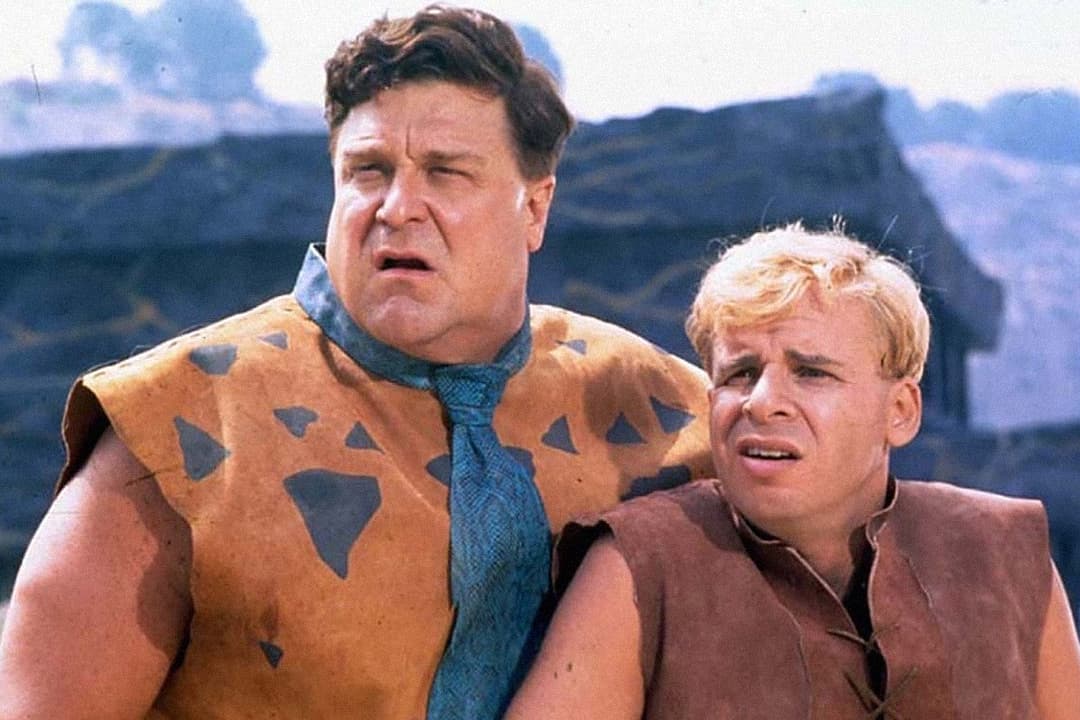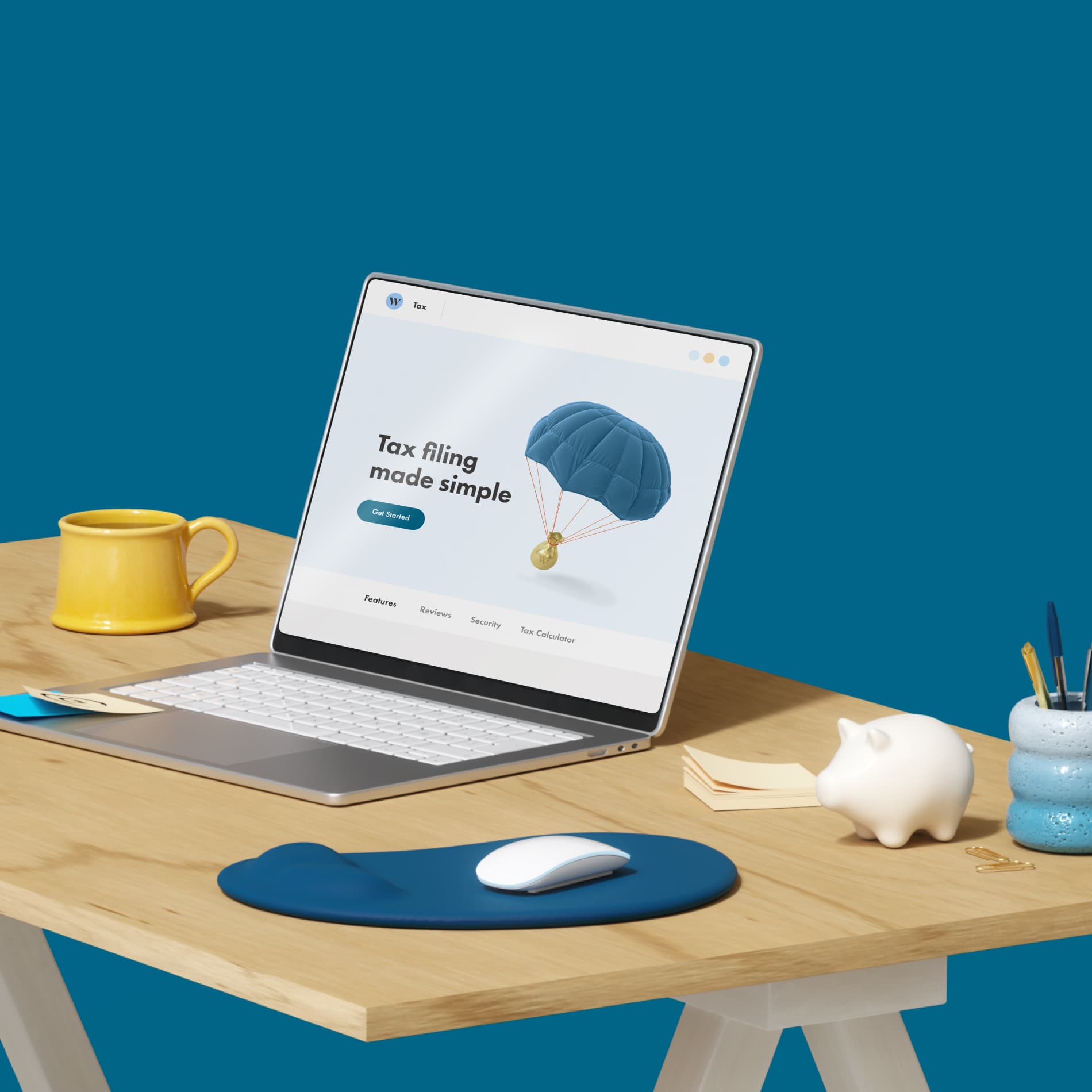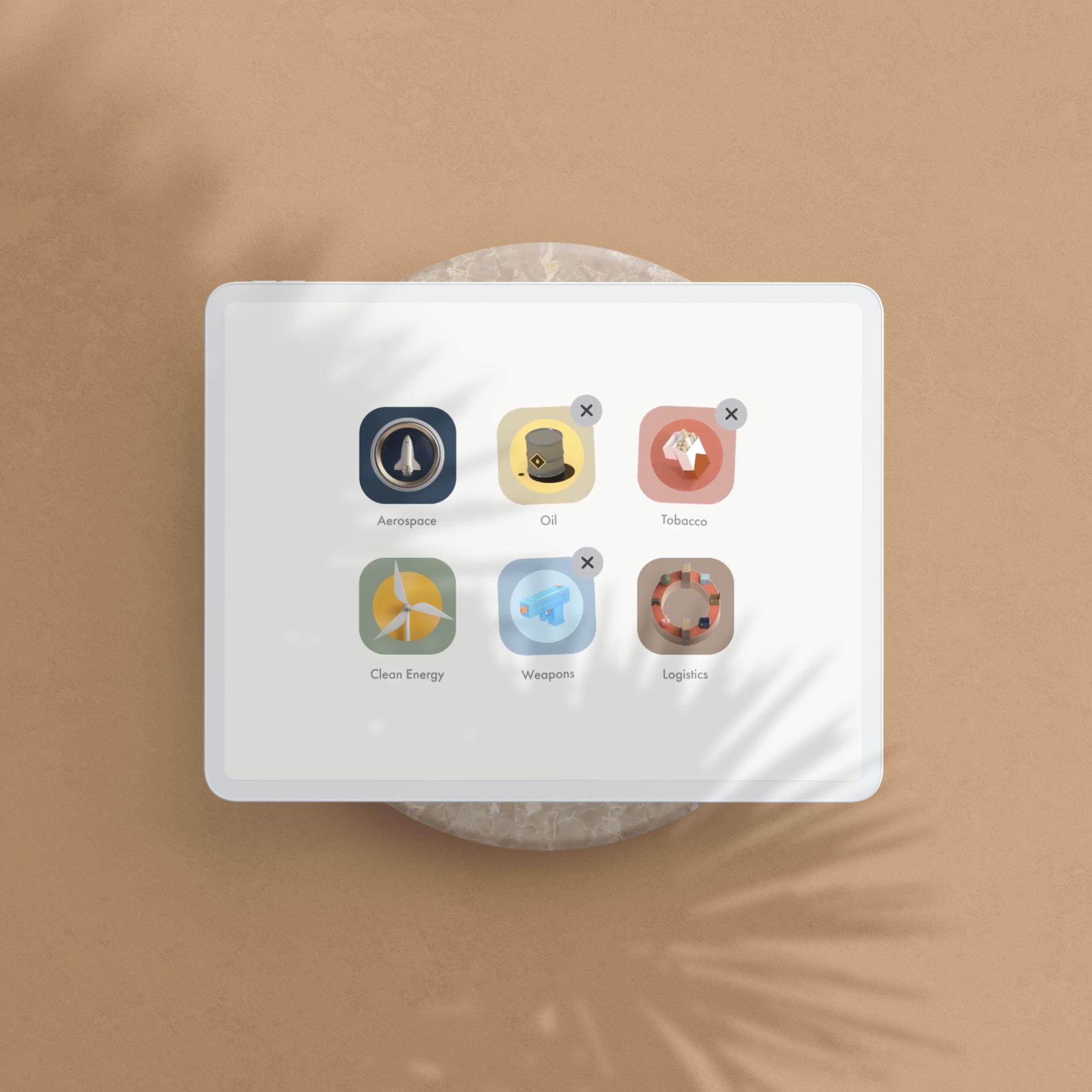
Finance for Humans
How to Make Home Improvements That Are Also Good Investments
Yes to the marble counters. No to the Man Cave.
Wealthsimple makes powerful financial tools to help you grow and manage your money. Learn more
Recently, my wife and I spent an afternoon sitting in a fluorescent-lit conference room signing documents with nearly a dozen strangers, more than half whom we were paying. (We paid the bank’s attorney too, but he sent a FedEx envelope instead of showing up in person.) It was all extremely romantic. I’m serious! Because this is the unexciting way that one completes the exciting task of buying your first house. In a way, that afternoon made us feel more married than our actual wedding did.
Before we started looking for a house, I figured that once you bought one and then all your real estate problems were solved for the rest of your life. But it’s more like you move in, hang out, and suddenly see the place as if for the first time. Our fireplaces are electric, we remarked, which seems like a half step up from watching the yule log show on TV. How had we not realized that there wasn’t a door between our bedroom and the bathroom. Should we get rid of one of the bedrooms and add a wall of windows and a freestanding soaking tub on a platform of Spanish tile with an IMAX screen and a wet bar? Oh, and why do people keep asking when we're going to put in a bluestone patio? (What the hell is bluestone?)
My wife and I quickly learned there is no end to what you’re going to want to do, and undo, when you buy a house. But I started wondering: what can I do that'll actually increase the value of the place? Because the truth is that an enormous proportion of our money is now tied to this piece of real estate, and we’d love whatever we do to feel as much like an investment as possible. What's the return on investment for house upgrades? Which ones are worth it? Which ones are akin to burning your cash in a blaze of sawdust and contractor's fees? To find out, we talked to Nick Manfredi, a Corona, California, investor who buys and sells 15 to 20 homes each year; and Deborah Reiders, a real estate broker at Corcoran in New York City; and Bobby Houston, who buys and remodels fancy homes in New England. And they all had very informed opinions.
Eight Things That Are Pretty Much Worth the Money
Getting rid of stuff is cheaper (and often a better investment) than adding stuff.
Bobby Houston, who mostly buys and sells high-end vacation homes in the Berkshire Mountains of Massachusetts, says the first thing to do is break out the sledgehammer. “Demo gives you the biggest bang for your buck,” he says. “We always take out walls. That makes a lot more light.” And take out the drywall or plaster on your ceilings too. “You gain height. And if it’s an old house, the exposed joists can be beautiful.”

Sign up for our weekly non-boring newsletter about money, markets, and more.
By providing your email, you are consenting to receive communications from Wealthsimple Media Inc. Visit our Privacy Policy for more info, or contact us at privacy@wealthsimple.com or 80 Spadina Ave., Toronto, ON.
And don’t be afraid to demo closets.
“Carpenters build them the same way they build a bearing wall,” Houston says. “There’s no reason for all that structure. By the time you add up all the framing and drywall, the closet is costing you a ton of space. We tend to put in armoires or antique closets, then you have something beautiful instead of this box that’s painted like the ceiling.”
It’s still true: Kitchens and bathrooms are paramount.
Yes, the conventional wisdom on this is right. “When you’re selling a house, the kitchen and bathroom need to be perfect,” Manfredi says. The key, if you want good ROI, is to concentrate on the things that make a big difference and avoid improvements that cost a ton and may not be what most people want. More on that below.
Countertops go a long way. But don’t get too creative.
One of the first changes Manfredi makes to a home he intends to sell is the countertops. “I can’t remember the last time I bought a house that I didn’t put in new counters,” he says. “It’s always quartz or granite. That’s what people are looking for.” Marble is also something buyers love. “Marble is annoyingly hard to protect,” Reiders says, “but it’s what everyone wants. Keep the shade light and bright and don’t go too custom.”
Leave the cabinets, replace the sink.
Replacing cabinets gets expensive quickly. It’s one of the most insanely costly improvements to a house. If they’re in relatively good shape, Manfredi paints or stains them and adds new hardware. He also prefers porcelain sinks to stainless steel. “It’s not that much more expensive,” Manfredi says. “I know a lot of people who hate stainless steel, but I don’t know anyone who says, ‘Yuck, a porcelain sink.’ ”
Forget the basement. Reclaim the attic.
Instead of building out the basement, which Houston calls “a folly, since no matter where you are in a home, you want to be able to look out a window,” focus on the attic. “You can add as many windows as you can afford. You have a view. It's like being on the deck of a ship. No one wants to put a bedroom in a basement. You’ll never get that feeling in the basement.”
Take a minute for the best $10 investment you’ll ever make.
If the tub is in decent shape, rejuvenate it by recaulking. Bright white is much more valuable than mold. And much more pleasant to live with.
Look at the place from the street. Ask yourself what’ll make that view better.
A little landscaping can go a long way. If you’ve ever watched an episode of House Hunters, you know three things: 1. Everyone has to make concessions. 2. Apparently all men use the term “man cave.” 3. A house needs curb appeal. “Literally every house we do gets green grass, a sprinkler system, street numbers, shutters on every window, and a stone facade that goes up to the bottom of the first-floor windows,” Manfredi says.
Six Things That Aren't Worth Spending Money on
Don’t get too quirky if you ever want to sell your house.
All the people I spoke to told me a version of the same thing: if you make unusual improvements that are specific to your tastes, don't expect to recoup the costs when you sell. Don’t add the his and hers showerheads in the guest bathroom; don’t turn your suburban living room into a stone-clad Renaissance-style Italian castle; don't put the ice-skating rink in the basement (those are all real things we saw in our house search). Houston says, “the most expensive thing for a new homeowner is the bad taste of the people who sold you the house.”
Never put $10,000 rims on a Kia.
Manfredi suggests sticking to the aesthetic of the price point of your home. If you’re selling a $200,000 house, for instance, it would be a financial folly to splurge on loads of Carrara marble.
Brand-new appliances lose their sticker price quickly.
Houston thinks most kitchen renos involve way too many unnecessary splurges. He saves money by avoiding new appliances, which he compares to new cars that depreciate when you drive them off the lot. “The minute you buy a range, it’s a used range,” he says. “Find a business like Green Demolition, which harvests slightly used kitchens from expensive ZIP codes. In the top of the market, a 10-year-old kitchen is considered finished — even though a used Wolf range is still going to be better than a crummy lesser-made new one you pick up at Home Depot. You can buy it for pennies on the dollar.”
Most people don’t know the difference between old and new windows.
Unless your windows are ancient and impossible to open, or are spilling all your heating/cooling out into the world, there’s no great incentive to replace them — new ones can cost more than $500 per window. The important thing, says Reiders, is to make sure that the windows are clean when it comes time to sell the house. That’s all people will notice — the sun coming in. So it's probably a good idea to clean them even if you’re not selling. You’ll enjoy that light too.
Custom cabinets are a waste.
“A big trend in kitchens at this point is open shelves,” Houston says. “It saves money, and it’s user-friendly. The myth that everything needs to be hidden in a kitchen — you walk in and there’s no evidence of the manufacture of food — that’s over. Kitchens should look like work places, where food is produced.” The idea of built-in cabinets, Houston says, started in the 1950s. “Before that, kitchens had individual pieces for individual purposes. Instead of wall-to-wall cabinetry, we use furniture, armoires, and antique worktables.”
And do it now.
If you’re going to spend all that money to make your house more appealing to buyers, at least do it soon enough that you can enjoy it too, before it’s time to sell and do it all over again. And remember, next time paying the bank’s attorney to not be there probably won’t feel quite as sexy.
Wealthsimple's education team is made up of writers and financial experts dedicated to making the world of finance easy to understand and not-at-all boring to read.









